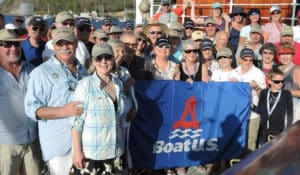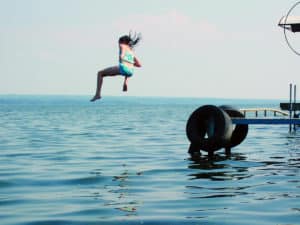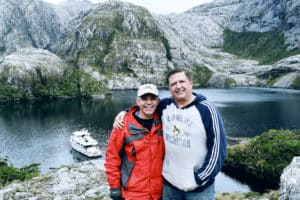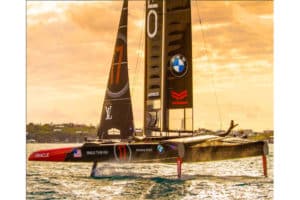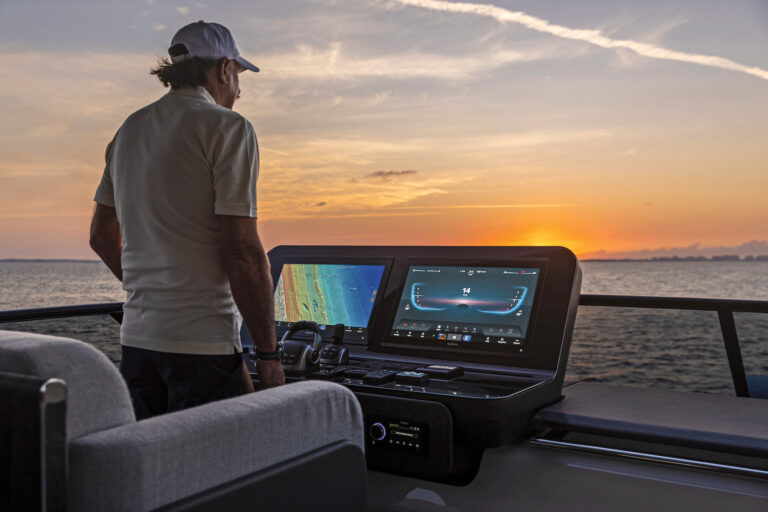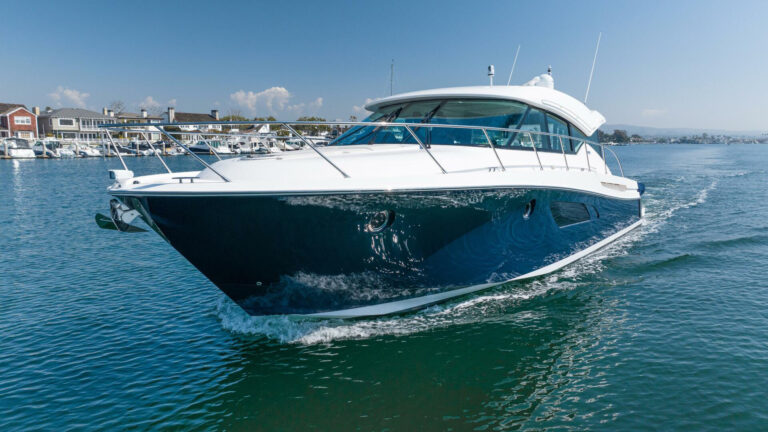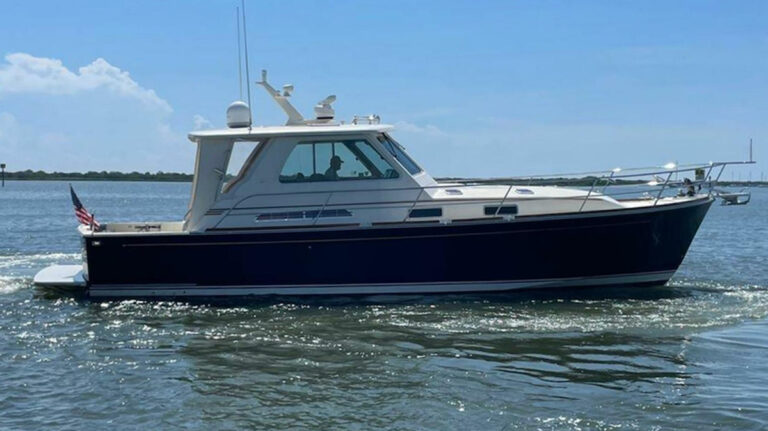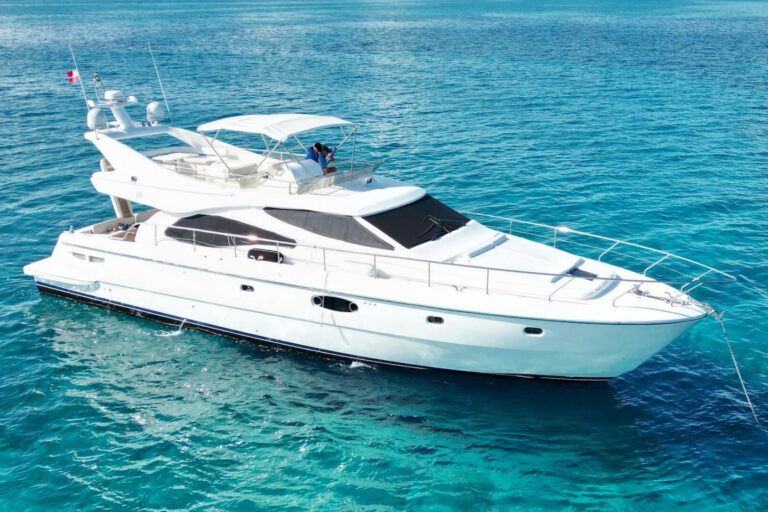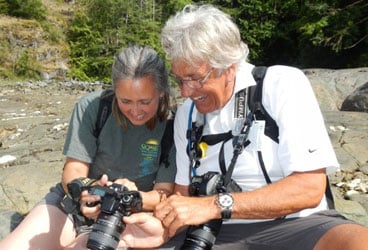
Christine and Dad
I spent most of last week finishing the giant mound of end-of-season boat laundry in anticipation of my Mom and Dad coming to visit. They’d volunteered to help Jeffrey and me finish getting the David B ready for winter. If I could get all the comforters and pillows washed and put away, then my parents would have a bedroom for their stay.
On Thursday afternoon my phone rang. It was a number I didn’t recognize so I let it go to voice mail. A few minutes later I saw that a message had been left. It was Mom. I listened, assuming that she was calling from a work number to see if she could bring anything for the weekend work party. I was wrong. Her message was a shock. “I hate to leave this on a message thing, but your dad’s just had a heart attack.” I held on to every word as my heart beat rapidly, and panic gripped my chest. The rest of the message confirmed that he was alive, in the hospital, and in stable condition. I replayed the message several times.
Over the next few days I started thinking about my Dad’s luck. His heart attack happened in a public place where he was able to get CPR instantly and there was an AED readily available to shock his heart back to life. As I thought about Dad, I also thought about a time when we were underway on the David B and I listened to voices on VHF channel 16 describing a heart attack victim. The people involved were a long way from help. The victim had been fishing. We followed the drama as it unfolded from the first call to the Coast Guard, to the good Samaritans who came to rush the man to the closest dock twenty minutes away, to the ambulance waiting for the unfortunate fisherman. We all hoped for the best, but never knew the outcome.
My dad’s heart attack reminded me how important it is to keep up on my own CPR skills as a boater who is often in places where medical help is not instantaneous. As boaters, we never know when we’ll be called upon to help a fellow boater in need. It could be someone anchored in the same cove, a person on a nearby boat, or it could be someone on my own boat. Seconds count when someone has a heart attack. The CPR that my dad received moments after he blacked out not only saved his life, it continued to give blood flow and oxygen to his heart and brain. Because of the quick response, he has no residual cardiac dysfunction to slow him down.
I will always be grateful to the strangers who first responded to my dad’s heart attack. When I renew my CPR and wilderness first aid certifications this winter, I’ll be taking it more seriously. When I look at my dad, I can now see just how important CPR is to saving someone’s life. On the water we’re not always in a place where we can quickly get help, so we owe it to each other to be prepared.
Resources:
Wilderness First Aid is a version of first aid for when help is more than a few hours away. It is highly recommended for anyone who goes to sea.
Wilderness First Aid Courses:
Remote Medical – http://www.remotemedical.com/
Stonehearth Open Learning Opportunities — http://www.soloschools.com/
Red Cross – http://www.redcross.org/take-a-class
National Outdoors Leadership School – NOLS – http://www.nols.edu/
The video below gives CPR guidelines from the American Heart Association. For more information, take a class to get certified.

